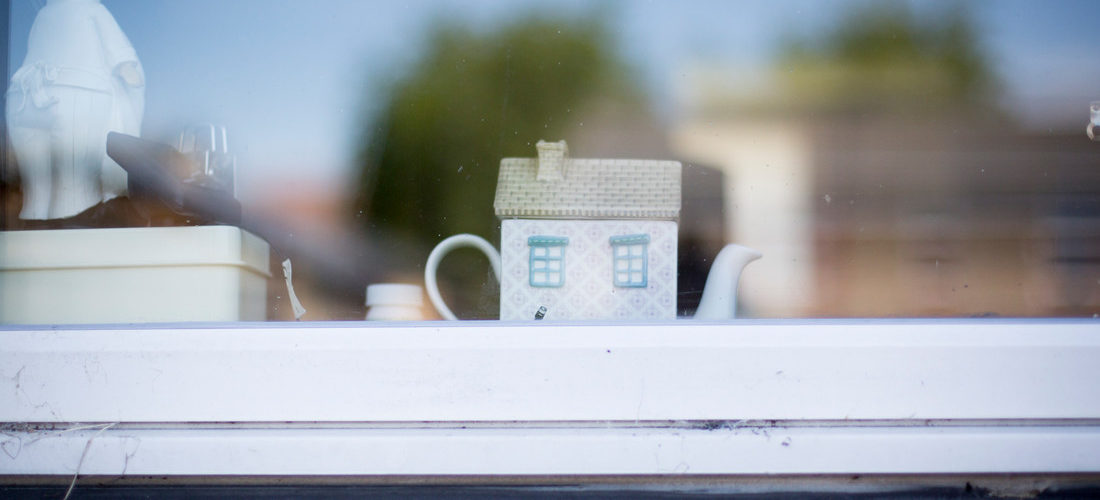In any role, it is important to step back and consider what the change is that you’re trying to make. My last few blogs have touched on the movement and momentum happening in the homelessness and housing sector, and amid such development, we find that reflecting on our priorities is helpful so that we can work effectively to make a positive and sustained difference in people’s lives.
Shelter Scotland will always look to defend and progress the rights of people experiencing homelessness and bad housing. We know that whilst housing is a human right (and was defined as such within the International Covenant on Economic, Social and Cultural Rights), for many people a safe, secure and affordable home is still out of reach. This is clearly demonstrated by the rising number of homeless applications and numbers of households and children in temporary accommodation.
One important aspect of the human right to housing is that it is affordable – but unfortunately lots of changes to the welfare system have cut the link between social security and the real cost of housing, and many people struggle to find a home that meets their needs that they can afford. Our two recently published topic briefings on homelessness and how social security relates to housing set out our priorities in these areas.
For homelessness, we will focus on the areas that affect people in housing need the most and base this on the experiences of our clients. We therefore see the following four areas as critical to progress:
- bold actions on the prevention of homelessness
- the improvement of temporary accommodation
- the provision of good quality support, and
- a strong, sustained programme of affordable housebuilding.
These priorities are in the context of increasing applications, increasing use of temporary accommodation and increasing breaches of orders designed to protect people from bad quality accommodation. We know that the Scottish Government plans to reverse this tide, and have asked all local authorities to provide a Rapid Re-housing Transition Plan to detail how they will improve their services, but we remain concerned as to whether local authorities will be properly supported to achieve this, and as a result, people requiring homelessness assistance will not experience any positive difference.
A strong social security net is vital to preventing homelessness. Like many organisations in Scotland, we are extremely concerned about how Universal Credit continues to roll out despite still being beset with problems such as the unnecessary initial five-week wait. We have evidence to suggest that this is directly leading to people using benefits finding it extremely difficult to find a home in the private rented sector, due to landlords’ concerns about Universal Credit. Given the lack of social rented homes in Scotland, the private rented sector is key to meeting housing demand, and the fact that people on low incomes are being directly discriminated against when they try to access it is shameful.
The introduction of other welfare reforms such as the benefit cap also continue to threaten people’s housing security, and we reiterate our call for this and the overall freeze on working age benefits to end. It is an indictment on the UK as a society that we treat some of our citizens with such disregard and keep them in a trap of poverty, which is what the social security system has morphed to create. This has not gone unnoticed by other countries, and while the UN Special Rapporteur’s recent report on extreme poverty was damning, ultimately the UK Government looks unlikely to take significant steps to remedy the identified problems with social security. One route to securing a safe, secure and affordable home for everyone is a new Act of the Scottish Parliament, fully incorporating the human right to adequate housing into Scots law, as suggested by the First Minister’s Advisory Group on Human Rights Leadership. However, with any law it is vital that people know their rights, and are able to enforce them, for it to be successful.
If you’re interested in hearing more about our work in this area, please join us.


